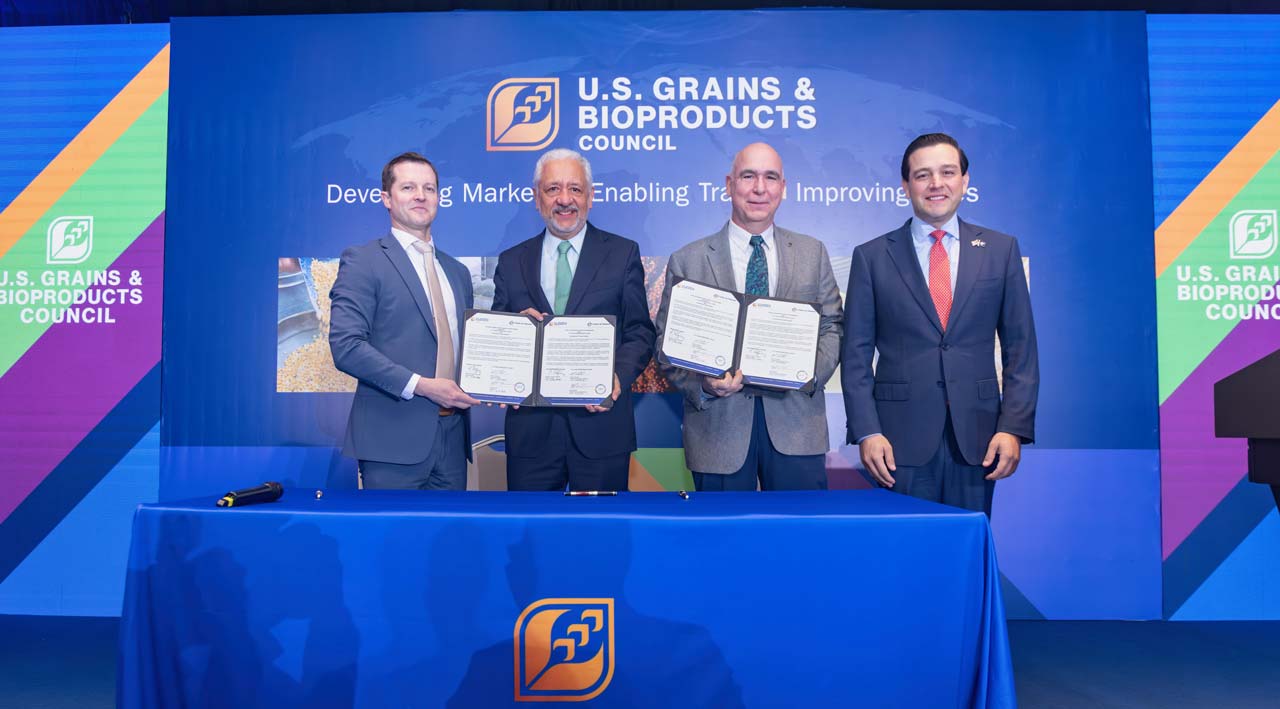IMPLEMENTATION OF NEW PRICING FOR CERTAIN SEGMENTS MOVED FROM MAY 2007 TO JULY 2007,
IN RESPONSE TO INDUSTRY REQUESTS
NEW TOLLS MOVE THE CANAL’S PRICE CLOSER TO THE VALUE OF SERVICE PROVIDED
PANAMA CITY, Panama, April 26, 2007 – Following a recommendation from the Board of Directors of the Panama Canal Authority (ACP), the Cabinet Council of the Republic of Panama yesterday approved the proposal to restructure the Panama Canal’s pricing system and certain regulations.
On February 2, 2007, the ACP announced its desire to move toward a charge that moves closer to the commercial value of the service and route. After a more than 30-day public consultation period, in which a total of 21 written submissions were received, the ACP conducted a hearing on March 14 where a total of 14 representatives from shipping and government expressed their views.
On April 5, in response to industry requests, the proposal was slightly modified: implementation of the new charges, for certain segments, was postponed from May 2007 to July 1, 2007. These segments include: general cargo, dry bulk, tankers and vehicle carriers. Due to this modification, the issue was reopened for public comment for a 15-day period. A total of 10 written submissions, in both English and Spanish, were received by the ACP from various individuals and groups.
Refrigerated cargo and passenger vessels will maintain the implementation date of October 1, 2007. Additionally, container ships will maintain the implementation date of May 1, 2008. The toll of $54 per TEU for container ships and other vessels with on-deck container carrying capacity, approved in 2005, remains on schedule to become effective May 1, 2007.
“With the new pricing system, the Canal is charging its customers a price closer to the value of services provided. We reached this decision through an open and transparent process, providing the industry with multiple opportunities to comment. The new system, approved yesterday by the Cabinet Council, reflects this open dialogue, incorporating several of the requests we received from the industry over the past few months,” said ACP Administrator/CEO Alberto Alemán Zubieta.
As the world becomes more interconnected – barriers dropping, tariffs reduced – the value of the Panama Canal and its role in the global supply chain continues to grow. Shippers moving goods from the U.S. Gulf Coast to Asia can save up to 10 voyage days via the Panama Canal, and vessels traveling from the West Coast of South America to the U.S. East Coast shave an estimated eight to 16 voyage days compared to alternative routes. Given the cost increases in shipbuilding, fuel and vessel operations, the route through the Panama Canal has significantly increased its value to its users.
Details on the new pricing system can be accessed, in English and Spanish, at www.pancanal.com. Significant elements include:
- Maximum Displacement Draft vs. Arrival Draft: Vessels will be charged based on their displacement to simplify and streamline the process. This charge will now be based on the maximum displacement draft instead of the arrival displacement to assess tolls according to the specified tonnage rate.
- Administrative Changes: Some administrative changes have been made, but these changes will have no economic impact whatsoever. These revisions provide necessary linguistic and grammatical clarifications to the document or reinsert missing words to processes and procedures.
- Passenger Vessels: Regarding passenger vessels, an assessment of tolls will be based on maximum passenger capacity. In general, under this change, large vessels will be charged tolls on a per berth basis, and smaller ships will continue under the Canal tonnage tolls system. These changes are largely due to suggestions from industry representatives – another example of the ACP listening to the industry.
- Tolls: The adjustment and implementation dates of the new toll rates will depend on the vessel type/segment, e.g. container vessels, passenger vessels, general cargo, refrigerated cargo, dry bulk, tankers and vehicle carriers. On average, there will be a 10 percent increase per year over the next three years. Yesterday’s announcement marks the first toll increase in the last four years. In 2005, the ACP adjusted tolls for container ships and other vessels with on-deck container carrying capacity.
About the Panama Canal Authority (ACP)
The ACP is the autonomous agency of the Government of Panama in charge of managing, operating and maintaining the Panama Canal. The operation of the ACP is based on its organic law and the regulations approved by its Board of Directors. For more information, please refer to the Panama Canal Authority’s Web site: www.pancanal.com.
The Authority’s responsibility to the Panamanian people is paramount. The Canal belongs to the people and benefits from the Canal should accrue to as many Panamanians as possible. The Authority will plan its future so that it will continually contribute to the economic development and welfare of the citizens of Panama




